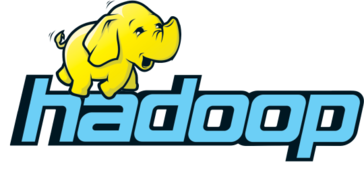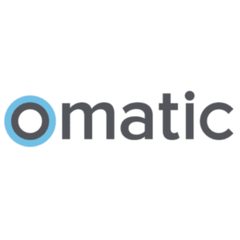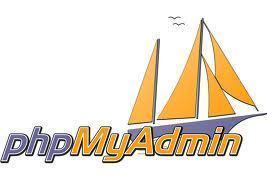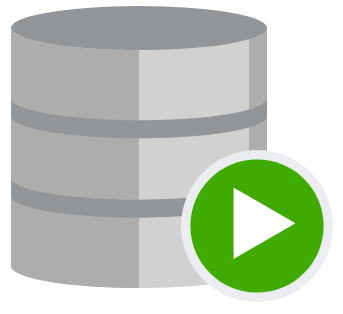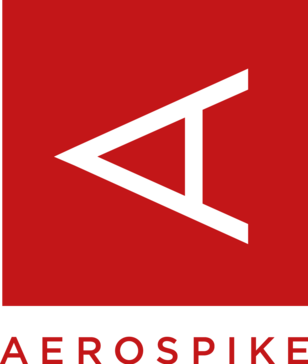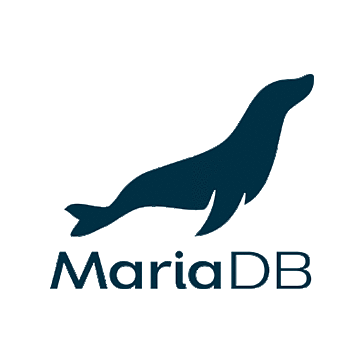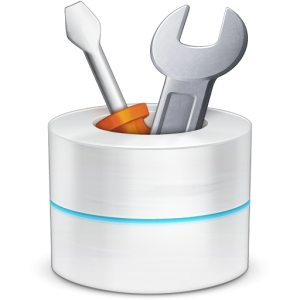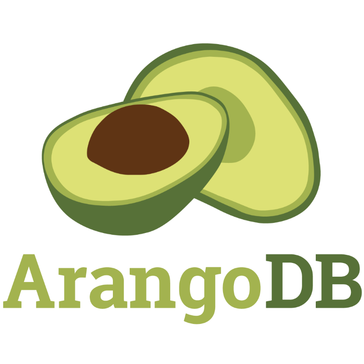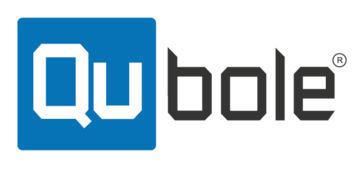
MongoDB Atlas
MongoDB Atlas is a fully managed cloud database that simplifies the deployment and scaling of MongoDB. With features like automated resource adjustments, enterprise-grade security, and support for multi-cloud environments, it enables developers to efficiently manage data. Seamless integration with AI technologies enhances innovative applications, driving rapid development and performance.
Top MongoDB Atlas Alternatives
Zoho Creator
Zoho Creator is a custom business application builder that helps a user build an online database system.
Hadoop HDFS
Hadoop HDFS is a robust distributed file system designed for storing large datasets in a Hadoop cluster or as a standalone system.
Teradata Database
Teradata Database is a relational database management system. It was...
ImportOmatic
Omatic Cloud ImportOmatic+ transforms how nonprofits manage data imports by providing tailored mapping, formatting, and transformation rules.
phpMyAdmin
phpMyAdmin is a versatile web-based tool designed for efficient MySQL and MariaDB management.
Redis
As the world's fastest in-memory database, Redis empowers developers to seamlessly build and deploy AI applications.
SQL Developer
This is a free non-native database management software that has been designed to operate within...
Aerospike
With unmatched sub-millisecond response times and a commitment to 99.999% availability, it excels in scalability...
MariaDB
Offering multi-model data support, real-time analytics, and exceptional security features, it empowers organizations to scale...
Sequel Pro
It streamlines the process of connecting to MySQL databases, whether hosted locally or remotely...
Amazon Relational Database Service (RDS)
With multiple database engines available, it enables quick deployment and scaling while optimizing performance and...
Pentaho Business Analytics
This robust solution enhances visibility into data pipelines, accelerates insights, and supports hybrid cloud environments...
Toad For Oracle
It empowers users to swiftly develop SQL and administer databases while minimizing risks and costs...
ArangoDB
With features like flexible JSON document storage, integrated indexing, and AQL for diverse data access...
Qubole
All its processing is done on the cloud, which offers it an exceptional amount of...
MongoDB Atlas Review and Overview
Developers who create cloud-hosted apps require a secure database to store and retrieve information. It should be reasonably fast and reliable as most web apps need real-time data to read and write facilities, without which they cannot function properly. MongoDB Atlas is a cloud-hosted database server software that can help developers and agile teams to spend more effort on the actual development of apps, rather than fiddling with databases. The industry-leading security and privacy, along with 99% reliable uptime, make it an excellent choice for database applications.
Worldwide clusters for maximum access
The MongoDB Atlas has server support worldwide in 70 countries that enables the most locally relevant data to be placed on the servers. This provides for faster access and fewer restrictions for the data. Users can choose their preferred cloud platform and host and use integrations that are important for the app being developed. Integrate the AI capabilities of Google Cloud Platform or data processing of Azure and AWS with a few clicks.
Every client has the freedom to choose the location where they are willing to store their cloud data. The worldwide support means that the connections will be in low latency and reduced workloads. It also respects the regional data rules and regulations, including GDPR.
Access management and security
Get enterprise-level security and access management features with MongoDB Atlas. Every cluster is stored within a Virtual Private Cloud with firewall protection. Applications can access the database only using IP whitelisting or VPC peering technology. Decide the roles of everyone who access the data using the role management options and control each user's permissions to read, manipulate, and delete records from the database.
It has encryption methods to secure data transfer across the application to the database via HTTPS/SSL protocol. The Transport Layer Security feature (TLS) is implemented within the system to protect against unauthorized signatures accessing the data. Also, AWS Cloud users can have AWS PrivateLink facility to manage secure connections over their AWS hosted applications.
Maximum productivity with faster drivers
MongoDB Atlas ensures maximum productivity and efficient workflow of database application development with its native tools. Use the data explorer to run database queries, monitor the usage of indexes, and use CRUD functionality to better interact with the data stored. Use the MongoDB search to find information fast and more accurate. The MongoDB Query Language it is possible to query data across S3 in its native format.
The BI Connector feature ensures faster integrations with external applications, including MS Excel, MySQL, and Spotfire, by converting MongoDB queries to the respective formats and vice-versa.
Create applications which process data in real-time
It allows developers to create applications to process data dynamically and in real-time. Make database entries based on user account creations, logins, and trigger events based on something that happened in the frontend. Constantly monitor suspicious activities and send notifications to users on unsuccessful login attempts.
Top MongoDB Atlas Features
- Unmatched resilience and scalability
- Enterprise-grade security features
- Seamless AI technology integration
- Vector search for data handling
- Intuitive document data model
- Native full-text search support
- Automated resource adjustments
- Multi-cloud deployment flexibility
- Global data distribution capabilities
- Zero-downtime upgrades
- Pay-as-you-go pricing model
- Auto-scaling for cost efficiency
- Simplified compliance and visibility
- Quick database creation options
- Unified Query API for modern data
- Tools for easy migration
- Built-in backup and recovery
- Stream processing support
- Flexible cluster tier options
- Integrated performance optimization tools.

